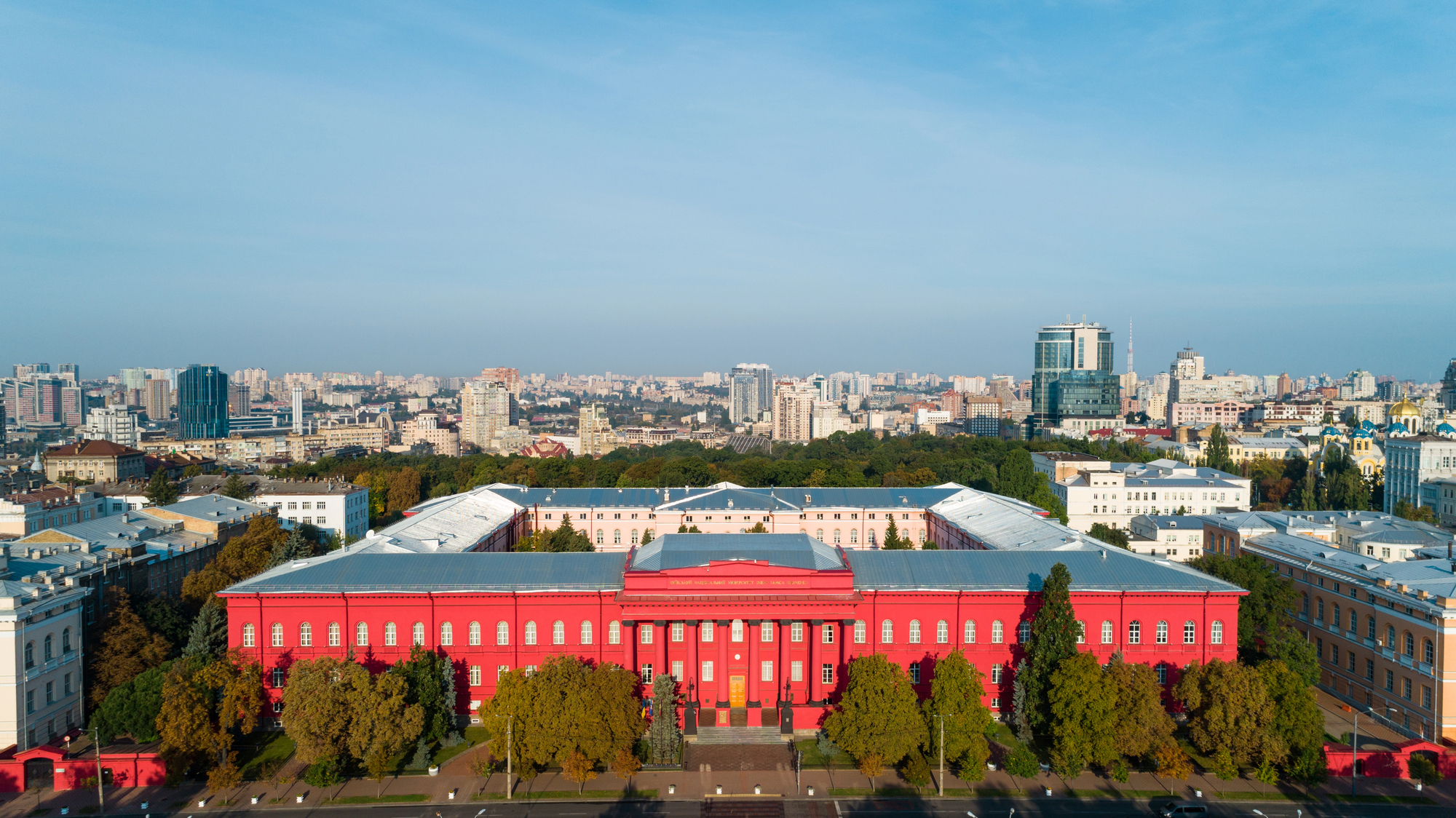Community budgets do not provide sufficient resources for all social areas. Therefore, it is important to involve investment partners – business and financial organizations – in the implementation of socio-economic projects. In this article you will find information on how communities can find investors, what support the government provides, examples of successful investment projects in Ukrainian communities, and the experience of Polish municipalities.
The article was prepared as a result of the session “Bridging the gap to increase the capacity of municipalities to prepare for the implementation and financing of investment projects that promote economic and social growth”, which took place during the International Expert Exchange 2021 “Partnership for Development” on December 7, 2021 in the framework of analytical partnership of “Vox Ukraine” and the “U-LEAD with Europe” Program.
Experience of decentralization in Poland
Having embarked on the path of decentralization after 2014, Ukraine had something to rely on. Neighboring European countries, such as Poland, implemented reforms immediately after the collapse of communist regimes, due to which they made significant progress, leaving Ukraine to wait for better times.
In the 1990s, decentralization underpinned all state-building processes of the then Polish government and was seen as a way to democratize and modernize post-communist society. It is clear that there were some difficulties – at first the capabilities of the newly created local governments were not in line with the challenges that arose. Over time, everything changed – self-government in Poland became sufficient. However, it took almost 30 years. This information was provided by by Piotr Zuber, a senior lecturer at the University of Warsaw and Chief Adviser to the Ministry of Development Funds and Regional Policy of Poland.
What obstacles did gminas, counties and voievodships face before the 2000s?
- Limited administrative capacity to implement investment projects and provide public (utility) services.
- Lack of opportunities to address broader socio-economic challenges: human resource development and promoting economic development.
- Limited opportunities for cooperation with external partners (governments, NGOs, research institutions and private companies).
- Lack of financial resources.
- Lack of subsidiary bodies.
Today in Poland the political weight of large cities and regional authorities is very high. “Currently, our self-government is an established element of our democracy. Our largest units of self-government (large regions, voievodships, cities) are perceived as competitors of the state. And we know that their level of influence is quite high, as well as the level of their economic power,” said the Polish expert.
Communities in Poland have the opportunity to independently implement projects for their own economic growth. Moreover, according to Piotr Zuber, self-government there is perceived as an agent of state policy. After all, many budget funds are used and distributed by self-government. “When we talk about investments, the share of investments processed by our self-government is almost 60% of the total state budget,” said Mr. Zuber.
According to Piotr Zuber, 4 key factors contributed to the development of Polish self-government.
- Ahead of time decision on decentralization.
Territorial reform was seen as a way to modernize the country politically (democracy) and socio-economically (more players and institutions that feel responsible for the development and future of the people).
- Legal independence of the self-government body (legal entity).
Local self-governments have legal status and, accordingly, legal capacity to act. This makes local self-governments good and reliable partners for the private sector and investment market participants. Communities are responsible and reliable, which is why they are interesting partners who can pay their debts if they arise. At the same time, due to this, local self-government is a good client for the banking system.
- Creating a system of subsidiary bodies at the local, regional and national levels.
Poland has more than 100 external institutions and at least 80 national level institutions specializing in various sectors of self-government responsibility. They help develop innovation, business, solve social problems and meet basic structural needs.
- Transfer of practical activities to European manner in various forms.
According to Piotr Zuber, due to the fact that Poland has implemented European legislation, the level of corruption risks has significantly decreased, and the implementation of projects has become more transparent.
Key aspects of successful preparation and implementation of projects at the municipal level by Piotr Zuber:
- Strong legal framework for self-government, guaranteeing the responsibility and accountability of municipalities.
“The experience of Poland and other countries shows that the sooner you embark on the path of decentralization, the more stable the situation in self-government will be and the better it will be for the state,” said the Polish expert.
- Financial decentralization and other funds.
In a decentralized system self-government may have its own sources of financial income.
- Organizational support system for the development of administrative capacity.
The system may include support programs, administrative capacity development programs, local development programs provided or supported by European funds, public authorities or directly by the districts.
- Trust between partners – multilevel system of government (national, regional, local authorities, NGOs, private sector)
“It is very important that governments do not fight with each other, but that they are partners, that the government is able to listen to local self-government, and together they build an effective legislative and legal system,” emphasizes Piotr Zuber.
Resources for the communities of Ukraine: the role of the Ministry of Regional Development
Today, the Ministry of Community Development and Territories of Ukraine sees its role as an effective mediator in providing community funding. Ihor Korkhovyi, Deputy Minister, says that the authorities are trying to combine the interests of international financial organizations that are ready to provide resources and local self-governments that need funds to improve the living conditions of citizens in their territories to achieve a “win-win” result for all stakeholders.
One of the largest partners of the Ministry of Regional Development is the European Investment Bank, and one of the largest projects of this partnership is a program for the modernization of public buildings. According to Ihor Korkhovyi, a loan agreement worth 300 million euros was signed last year. From 2022, the process of selecting project applications for funding for relevant projects on the ground will begin. “It is planned to implement about 1,000 houses, buildings (schools, kindergartens, hospitals, clinics), which will improve, firstly, the infrastructure of services, secondly, reduce energy consumption, and thirdly, help combat the so-called energy poverty,” informs Ihor Korkhovyi.
The European Investment Bank is involved in modeling a number of other programs and projects of the Ministry of Regional Development. One of them is a large street lighting project worth more than 100 million euros. The peculiarity of the project is that it allows to immediately see the savings in resources on the ground, which gives the installation of energy-saving technologies.
Another project of the Ministry is the transformation of coal regions. “There are about 25 communities in five regions that fall under the so-called classification of monofunctional cities – cities that live off mines. We hope that in the first half of 2022 a major program for the transformation of these cities will be approved,” said the Deputy Minister.
The official also talks about the cooperation of the Ministry of Regional Development with the German credit institution KFW. An agreement worth 25 million euros has been signed for two municipalities – Zhytomyr and Zaporizhzhia. Within the framework of this agreement, it is planned to implement about 80 thermal modernization projects in public buildings: schools, kindergartens, hospitals, educational institutions. This will help cities significantly save resources by reducing energy costs. In the future, the Ministry of Regional Development together with KFW will implement a project for Chernivtsi – modernization of drinking water supply systems.
The problem of financial capacity of small communities
Both Piotr Zuber and Ihor Korkhovyi note one problem – insufficient financial capacity of small communities and municipalities compared to large ones.
“Larger municipalities can act as independent partners, cooperate with the banking system and with international organizations directly. Due to this, they solve their social problems. However, we (in Poland – author) still have such problems with smaller municipalities, because they still lack financial resources, they do not have reliable partners or members of a larger system,”- says Piotr Zuber about the situation in Poland.
For Ukraine, this state of affairs is understandable. As in Poland, we have large cities with a population of over 500,000 which mostly already have some successful cases of work with international financial organizations. As an example, Ihor Korkhovyi provides Kyiv, which cooperates with the European Bank for Reconstruction and Development and other partners, for example, in the direction of modernization of Kyivvodokanal. In general, for large municipalities, the issue of working with international financial organizations has been resolved: they have both administrative and financial capacity to implement projects.
Small and medium-sized cities are a completely different matter. “There really is something to work on, claims Ihor Korkhovyi. – First, we need to develop project applications for such municipalities. Second, model how a particular project will affect the community. And third, to plan how the municipality will return the credit resources it will receive for the implementation of projects. It is necessary to have sufficient financial capabilities and professional people, project teams on the ground. That is why we are currently developing a separate support program for small municipalities.”
While large cities in Ukraine have learned to attract investments to implement social projects for their communities, smaller ones still need ready-made financial instruments and support programs in the process of cooperation with partners. These tools and support can be offered by the government. Communities themselves can begin by identifying priorities for modernization and learning from the success of similar municipalities in Ukraine and abroad.
VoxUkraine thanks Kateryna Nesterenko, an intern at the VoxCheck project, for her help in preparing the article.
Attention
The author doesn`t work for, consult to, own shares in or receive funding from any company or organization that would benefit from this article, and have no relevant affiliations


